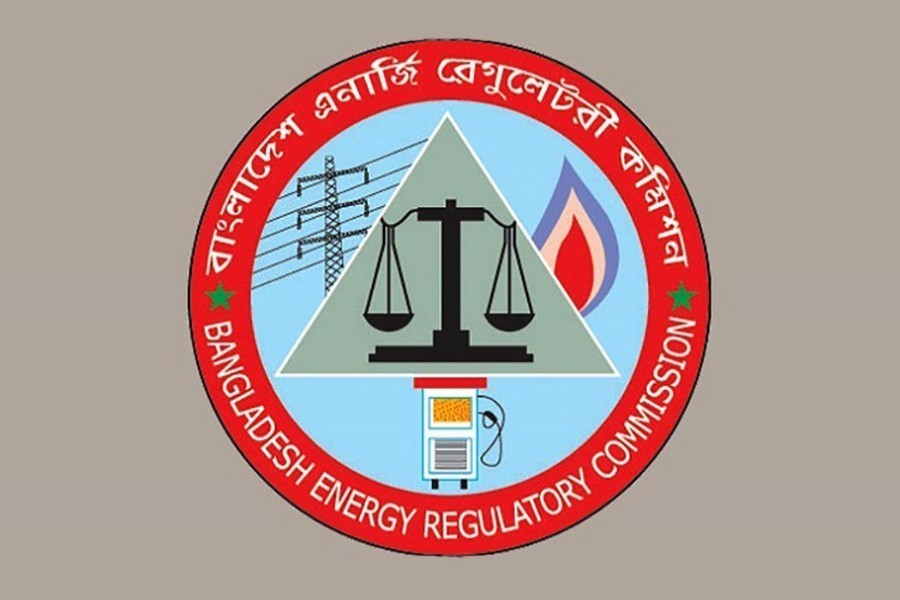When the government had promulgated an ordinance on December 01 last year to amend the BERC Act suddenly it made its intention clear. The ordinance, which was later approved by Parliament in the form of a bill, empowers the government to fix gas and power tariffs anytime and the way it likes. The Ministry of Power, Energy and Mineral Resources enjoys the power to fix fuel oil prices on its own. In the case of power and gas, the Bangladesh Energy Regulatory Commission (BERC) was empowered under the BERC Act to recommend tariffs after holding public hearings. The latest amendment has stripped the BERC of that authority and the consumers of the right to raise their points.
The reason behind the government going back to the old ways of hiking the gas and power tariffs, and scrapping the process of public hearings is clear to all by now. Within a couple of months since the promulgation of the ordinance that had done away with a democratic process of the public hearing, the government has raised gas tariffs once by a big margin and power tariffs twice. With the public hearing mechanism in place, the government might have to wait for some months to decide on gas and power tariffs.
Political parties, businesses and rights groups which used to attend public hearings were not that happy with the outcomes of such interactions. Yet they could ventilate the grievances of consumers. They also had been successful in stalling or delaying the decisions concerning gas and power tariff hikes on several occasions.
In the absence of such a process, the government has hiked power and gas tariffs to an unbearable proportion that too at a time when consumers are hard hit by high prices of most consumables.
The government has been providing subsidies on account of power and gas supplies for decades. The volume of subsidies has been increasing unabatedly and it has become a huge burden on the economy in recent years, primarily because of the soaring prices of fossil fuels in the international market. Here, there are issues of mismanagement and imprudence, which, according to many, have only inflated the volume of subsidies.
Experts have traced a link between the hike in tariffs and the $4.7 billion loans that the International Monetary Fund (IMF) has approved this week. The reduction of subsidy was one of the strings attached to the IMF loan. But the multilateral lender should have given more emphasis on power and energy sector reforms without which Bangladesh is unlikely to stop providing subsidies on account of power and gas supply.
The latest government action on public hearings on gas and power tariffs also brings to the fore the question: Should the taxpayers support an entity like BERC?
The BERC has enough duties and responsibilities under the Act concerned. But the people found its existence meaningful only in the hearings that it used to hold from time to time on the issues of hiking gas and power tariffs.
The relevant Act sought to make the BERC as an independent regulatory body. But in Bangladesh conditions, it is really difficult to achieve such an objective. This is true for all the regulatory bodies. The mission and vision of all the regulatory bodies contain many lofty goals. But those remain elusive because of the role the government often plays for right or wrong reasons.


